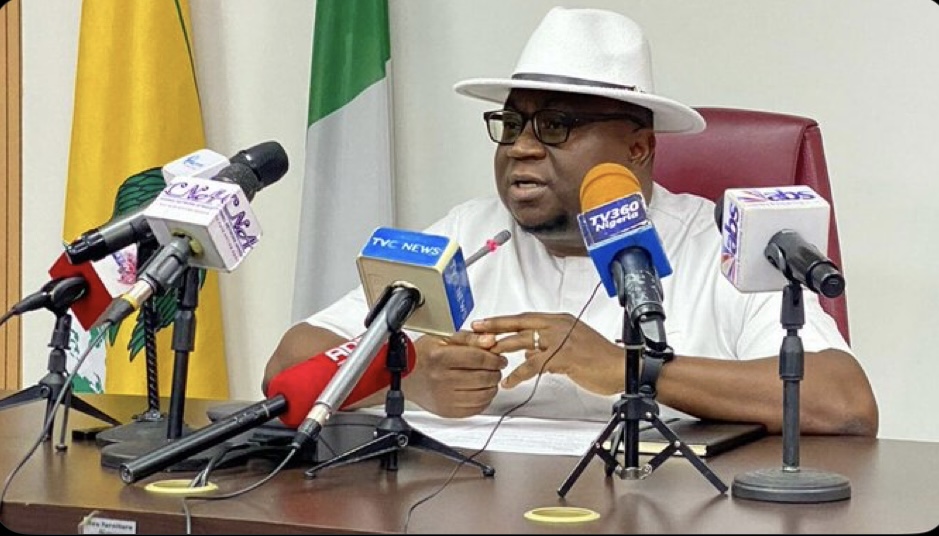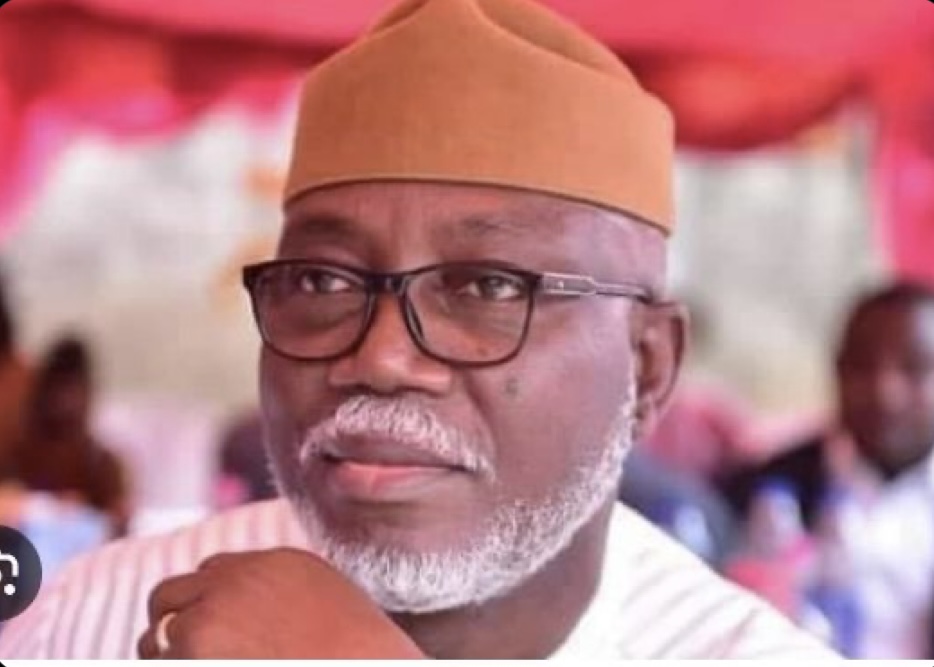Nigeria Deploys AI, Satellite Tech to Tackle Food Insecurity, Reveals VP Shettima

Vice President Kashim Shettima says Nigeria is now leveraging artificial intelligence, geospatial analytics, and satellite-based climate intelligence to transform its agricultural sector, combat food insecurity, and reduce post-harvest losses across the value chain.
Shettima made this known on Monday during his address at the United Nations Food Systems Summit Stocktake (UNFSS+4) in Addis Ababa, Ethiopia.
The summit builds on the momentum of previous global food system gatherings, aiming to fast-track inclusive, sustainable, and resilient food systems worldwide.
”Artificial intelligence and satellite-driven climate intelligence are now part of our agricultural vocabulary,” Shettima said. “These tools help us monitor production, enhance transparency, connect producers to markets, and reduce waste.”
He noted that food and nutrition are now central to Nigeria’s National Development Plan (2021–2025) and the Nigeria Agenda 2050. Stressing the urgency of the issue, the VP said, “Food insecurity is no longer distant it’s a shared global affliction.”
Highlighting local initiatives, Shettima cited the government’s investment in Special Agro-Industrial Processing Zones, in partnership with the African Development Bank and IFAD.
According to him, these hubs are not only boosting production but creating jobs, attracting private investment, and linking rural farmers to both national and global markets.
He added that Nigeria has scaled up efforts in school feeding, nutrition-sensitive agriculture, and the Nutrition 774 initiative, which places all 774 local governments at the center of nutrition delivery.
The Vice President further disclosed that the Federal Executive Council has approved a National Multi-Sectoral Plan of Action for Food and Nutrition and ordered the establishment of nutrition departments across relevant ministries.
”This summit is more than a meeting it is a reckoning,” he stated. “A broken food system anywhere diminishes the dignity of humanity everywhere.”
Other global leaders also weighed in during the summit. Ethiopian Prime Minister Abiy Ahmed emphasized the need for concessional financing and climate-aligned investments in food systems. UN Secretary-General António Guterres, in a recorded message, warned that global hunger is rising and called for urgent, just, and climate-conscious reforms to food systems.
Also present were Italy’s Prime Minister Giorgia Meloni, Kenyan President William Ruto, and other heads of state and multilateral agency representatives.









